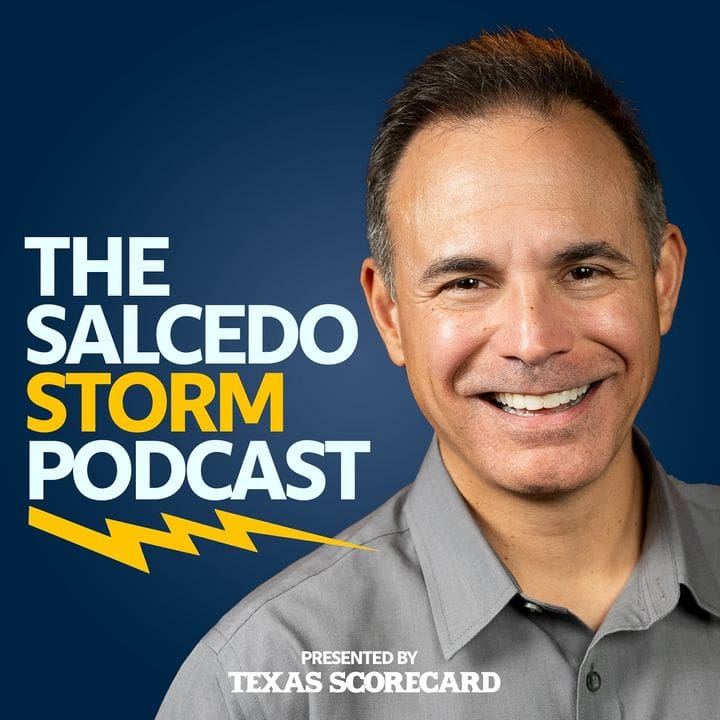Texas taxpayers should celebrate the fact that an important property tax reform bill will reach the House floor on Saturday. But if it’s going to be meaningful, conservatives will have to fix the heavily watered-down bill.
The Texas Senate weakened Senate Bill 1 prior to it passing out of the Senate. The biggest mistake was exempting taxpayers in mid-size to smaller communities from the new protections in the bill.
But while the House version of SB1 shares the same bill number as the Senate bill, it has been dramatically watered-down to near irrelevance. Below are the ways in which it needs to be fixed by conservatives on the House floor.
- Restore 4 Percent Rollback. Local officials routinely exceed the 8 percent rollback limit – which amounts to an 8 percent tax increase – as home values and tax burdens rise faster than people’s ability to pay. The House committee substitute lowered the limit to only 6 percent, and is a slap in the face to taxpayers who demand meaningful reform. A 4 percent limit was a generous compromise with local government lobbyists that already passed the Senate.
- Amend the definition of “small taxing units.” The House committee substitute expands the exemption for these smaller taxing entities, unnecessarily exposing millions of Texans to excessive tax increases. It should at least be lowered to $20 million in revenues, or removed altogether. Every Texas taxpayer deserves the taxpayer protections included in SB1, not just those living in urban areas.
- Uniform November Election. Restore the requirement that elections to approve tax hikes be held in November, rather than 30-90 days from adoption. Special elections for levying massive tax increases are known to be poorly publicized and have extremely low voter turnout.
- Opt-in. Taxpayers in the smaller communities that are left without SB1’s taxpayer protections should, at the very least, have an opportunity to opt-in to the same protections as taxpayers in urban areas.
Texas Scorecard identified further provisions from SB 1 that could neither be found in the committee substitute, nor other similar bills such as HB 32 and HB 3. While they may not be germane to the caption of this version of the bill, they should be considered in ongoing reform.
- Allowing comptroller to consider compliance with appraisal standards during audit
- Strengthening limitations on eligibility to serve on appraisal board
- Establishing Office of Tax Notice within appraisal districts charged with sending notice, internet posting, and tax-info database maintenance
- Requiring market value be determined by applying methods and techniques prescribed by comptroller issued appraisal manuals
- Prescribing form of notices of public hearing on tax increases, including prominently displayed proposed, equivalent, and rollback rates
A live video feed of today’s floor action can be accessed here.



